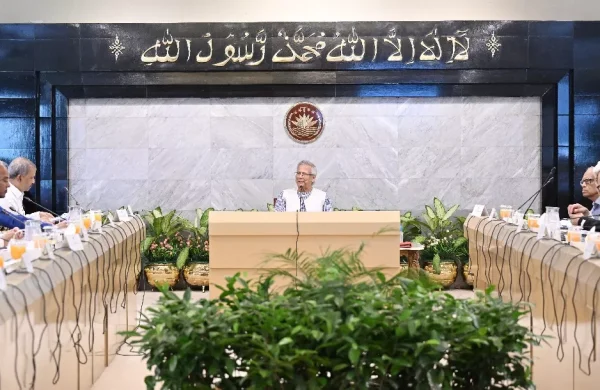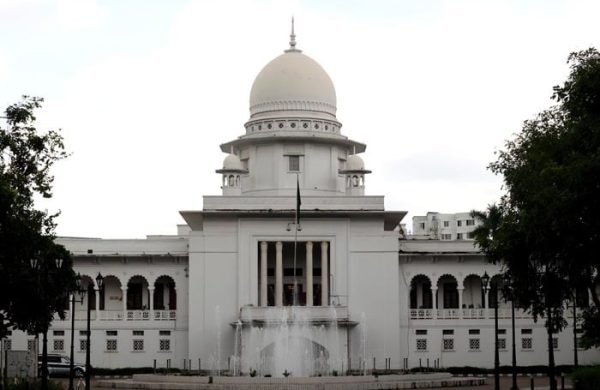Stable banking sector a must for economic resilience
- Update Time : Thursday, January 25, 2024

The central bank’s “Bangladesh Government Securities Report” for fiscal year 2022-23, released this week, paints a somewhat concerning picture of the country’s banking system. The substantial surge in liquidity support from the Bangladesh Bank to scheduled banks, reaching an unprecedented Tk13.08 lakh crore last fiscal year, has raised alarms about the stability of the sector.
This surge, a 7.5-fold increase from the previous fiscal year, was prompted by a tightening situation in the foreign exchange market. The central bank’s sale of dollars, intended to address forex concerns, inadvertently worsened the liquidity crisis for commercial banks, as detailed in the report. The significant uptick in support through repo transactions and assured liquidity support (ALS) highlights the escalating challenges faced by banks.
Moreover, the higher borrowing trend by banks indicates a complex interplay of factors. The cap on lending interest rates at 9% in 2020 led to decreased interest from depositors, compelling banks to seek daily operational needs from the central bank. The substantial sale of dollars by the BB further drained liquidity, creating a situation where borrowing became a necessity for banks. A closer look at the central bank’s actions reveals the magnitude of the issue.
The continuous sale of dollars, amounting to $28.7 billion over three years, aimed to cover import bills, including essentials like food, fuel, and fertilisers. However, the unintended consequence has been a liquidity crisis, aggravated by the absence of an equivalent injection of money into the market.
While the central bank’s efforts were focused on managing the foreign exchange market, the resulting liquidity crunch has extensive implications for the overall economy. The impact on excess liquidity and deposit growth in banks is already evident— 2022 witnessed the lowest growth in bank deposits, with no significant change in the trend in recent months, in the last 11 years.
To address this crisis, a multi-pronged approach is imperative. The withdrawal of the interest rate caps later last year was a good move. Besides, the sale of dollars needs to be managed more strategically and measures must be taken to encourage injection of liquidity into the market.
Collaborative efforts between regulatory bodies, financial institutions and the government are crucial to restoring confidence in the banking sector and averting a deeper economic downturn. Swift, decisive actions now can pave the way for a more resilient and stable financial future for the country. (Source: The Daily Sun)



















